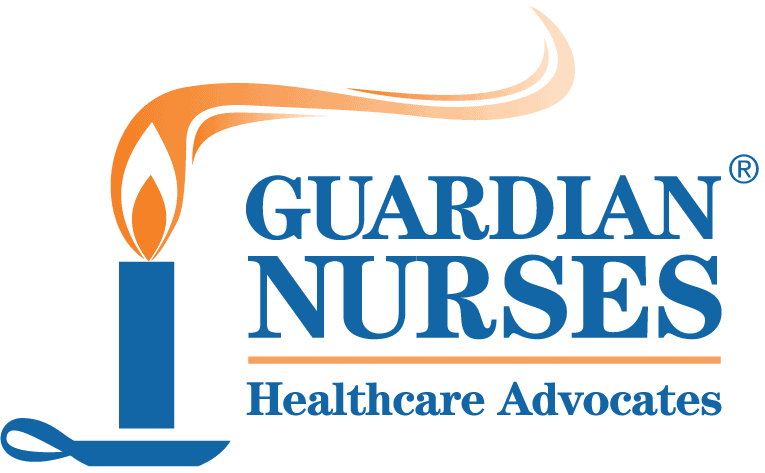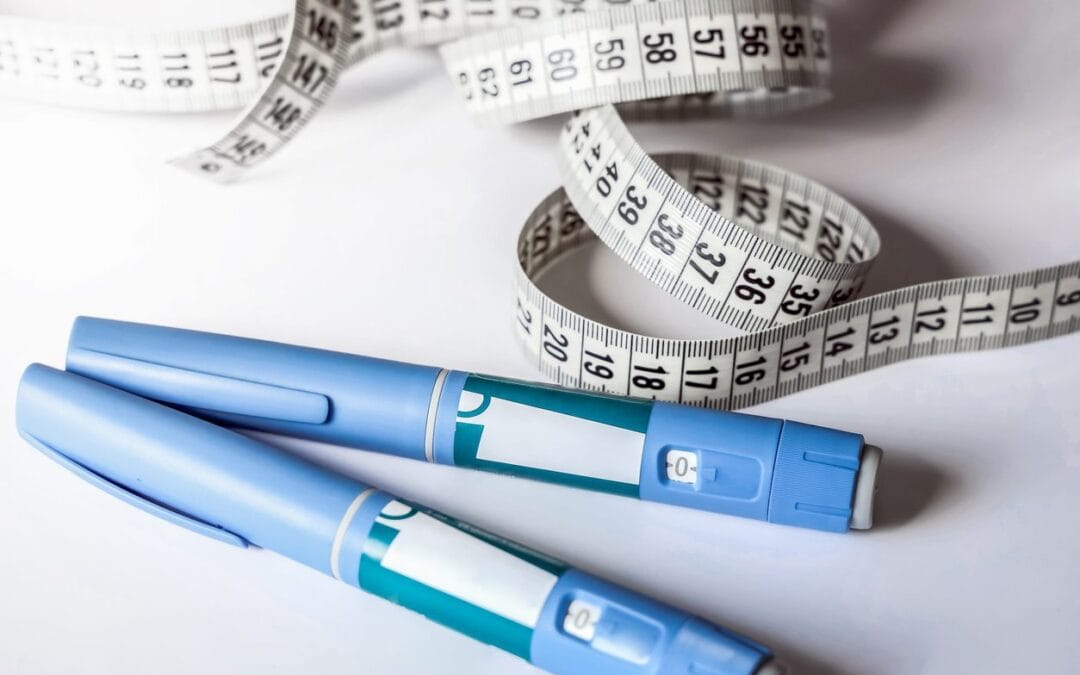At this year’s Thanksgiving dinner, maybe you noticed that your cousin “looked a little different” or over cocktails, your sister’s fiance’ told you he had lost 50 pounds since you last saw him on July 4th. It’s quite likely that you know someone who’s using GLP-1s given that 1 in 8 adults are. Just in the last four months, I know 5 people (not GN patients) who are on them — and none of those 5 have diabetes.
Given the extraordinary demand and exorbitant cost for these medications, particularly as people are using them for weight loss, I thought it would be helpful to talk about the role of compounding pharmacies.
Compounding pharmacies are stepping up as a cost-effective alternative to brand-name drugs, offering personalized formulations to meet individual needs. But while the drugs may be cheaper, they may not be safe.
In this month’s issue of The Flame we’ll explore what individuals using a compound pharmacy to get their GLP1 medication need to know to ensure its safety and efficacy.
Happy Holidays!
— Betty Long, RN, MHA, President/CEO, Guardian Nurses Health Advocates
Let the Buyer Beware: GLP-1s and Compounding Pharmacies
According to Healthline, approximately 13% of U.S. adults have used GLP-1 medications, such as Ozempic and Wegovy, for weight loss and related conditions. This equates to about 34 million individuals. Currently, 6% of U.S. adults, or around 15.6 million people, are actively using these medications. The demand for GLP-1 drugs has surged, with prescriptions more than doubling between 2022 and 2024.
Compounded GLP-1 medications, such as semaglutide and tirzepatide, are often more affordable than their brand-name counterparts. While brand-name GLP-1 receptor agonists like Ozempic and Wegovy can cost over $1,000 per month, compounded versions typically range from $250 to $400 monthly through online providers or med-spas, and between $60 and $120 when obtained directly from compounding pharmacies.
However, it’s important to note that compounded medications are not FDA-approved, which may raise concerns regarding their safety and efficacy. It is crucial to get these medications from reputable, state-licensed compounding pharmacies and to consult with healthcare providers to ensure their appropriateness for treatment.
Earlier this month, the American Diabetes Association (ADA) released a statement regarding the use of compounding pharmacies for GLP-1 and GIP/GLP-1 medications. One of our ‘Cracker Jack’ (pun intended) diabetes nurses, Jeneane Fitzmaurice, BSN, RN, shared the statement’s key takeaways:
Individuals considering use of a compound product should:
- Discuss use of a compound product with their healthcare provider before purchasing. Compounding pharmacies and online retailers are typically not familiar with either an individuals’ current medical or family history or their current medications to allow for a safe assessment and may not be involved in ongoing necessary safety monitoring after initiating treatment.
- Seek & receive guidance on appropriate administration of the product from the compounding pharmacy to minimize risk of dosing errors and adverse events. Education of injection and dosing of the product should be done by individuals/pharmacy dispensing the product.
- Do NOT use products that do not have labels noting the specific dosage (including units) and exact contents of product.
- Verify that the compounding pharmacy is registered with the FDA (503B compounding facilities) or licensed with an applicable state board of pharmacy.
- Avoid purchasing products from online sources not registered with the FDA. Be aware of key warning signs that may indicate an online pharmacy or distributor is unsafe.
- Any adverse events or med errors associated with the use of non-FDA-approved compounded products should be reported to MedWatch.
- Notify your clinical care team when starting or stopping a compound product, as this may necessitate changes to your overall diabetes management plan.
Remember, while compounding pharmacies may offer more affordable access to GLP-1 medications, your health comes first. Always choose a reputable pharmacy and consult your healthcare provider to ensure safety and effectiveness in your treatment journey.

